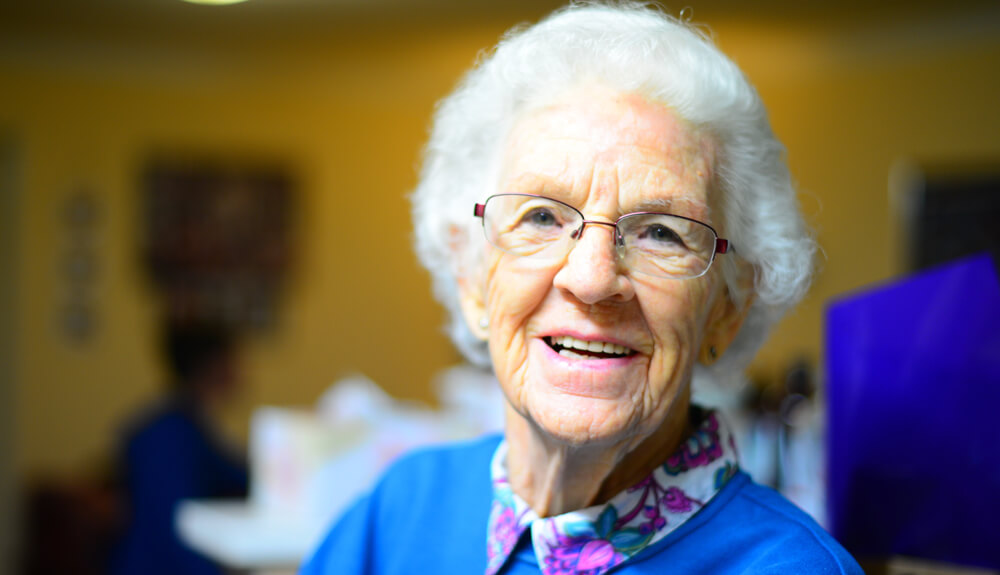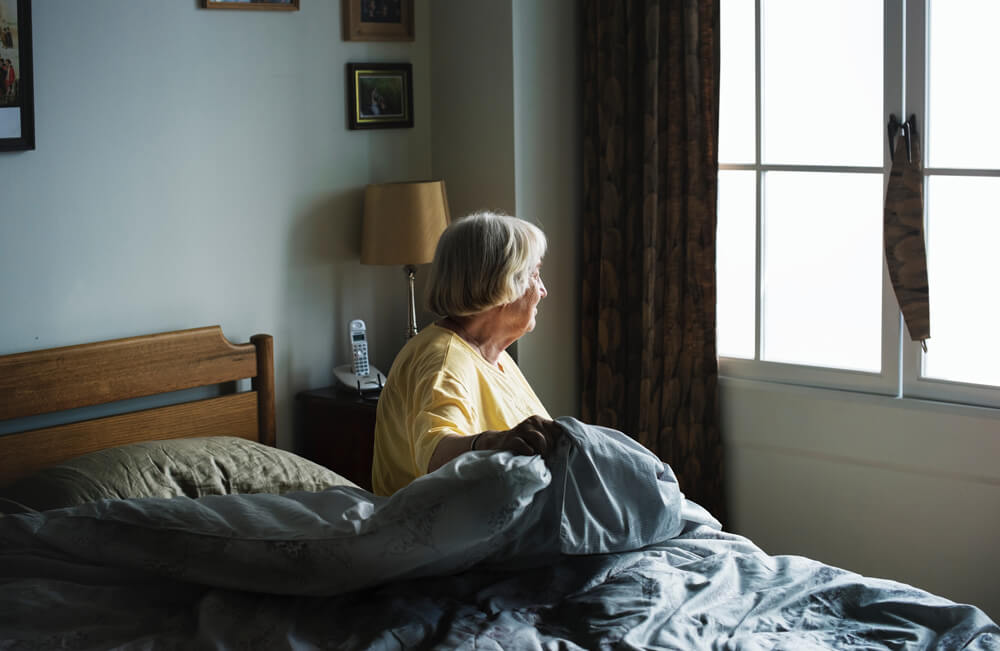
Did you know that dehydration has almost nothing to do with feeling thirsty? After about age 40, we don’t feel thirst as we once did. That part of our brain doesn,t work quite as well as it once did. But, we still need to hydrate with fluids. Most of us are dehydrated because we wait until we feel thirst to drink water. Our bodies need to stay hydrated throughout the day.
A 60-year old man was starting to forget little things and he would start a project, but would not finish it… Now, some family members thought that it might be the beginnings of Alzheimer’s disease which made the other family members panic a little. The questions started flying! How long has this been going on? What is wrong with dad? He is just not right. Why didn’t you tell us? The wife was feeling ganged up on. She had not really noticed anything different as this had happened so slowly that she had gotten used to it and it was just the new normal.
Of course, an appointment was made with his primary care doctor, for two weeks later. What in the world were they going to do until then besides stress out and fret?
Nobody ever thinks about dehydration and drinking more water. You see as we age the part of our brain that senses thirst just does not work as well as it used to. We just don’t feel thirsty. Guess what? Our bodies still need that water to function properly and to deliver nutrients and remove toxins from our body. Dehydration can make use hallucinate, become weak and not be able to think clearly. As we age we have to work at preventing dehydration.
Dehydration in older adults, prime example
It was not dementia or Alzheimer’s disease. He had not been drinking enough water every day and so his thinking was foggy, he was forgetting little things and he was having difficulty thinking.
The remedy, you guessed it! Drink more water throughout the day. How much should most of us drink? About half of your body weight in ounces per day. Example: 170 pounds divided by 2 = 85 ounces of water. That is only 5 of the 1L (16.9oz) bottles.



